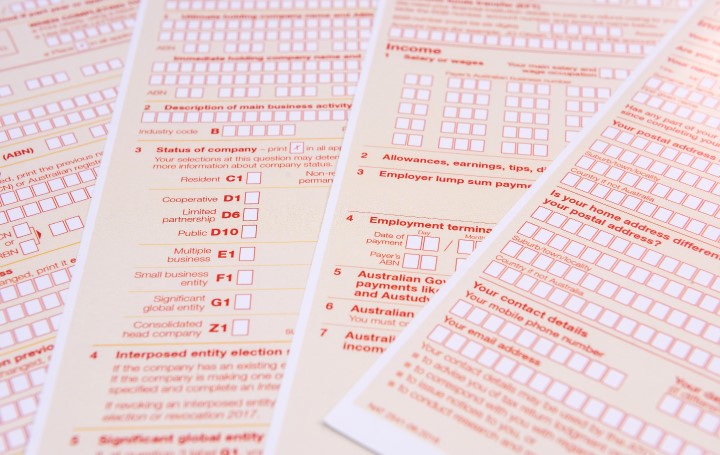

The COVID-19 pandemic’s knock-on effect on the economy has meant that many landlords are feeling the strain as their tenants seek to delay paying rent or reducing rent in response to job loss. To reduce the uncertainty for landlords, the ATO has provided some guidance on the deductibility of certain expenses in various situations including guidance for those that own short-term accommodation.
First, to the most common scenario, the tenant not paying full rent or have temporary suspended paying rent with or without the consent of the landlords. According to the ATO, in those circumstances, where a landlord continues to incur normal expenses on the property, the full amount of those expenses can be claimed in the tax return. It doesn’t matter whether the landlord voluntarily provides a reduction or whether the tenant requests one.
If, due to economic recovery, the tenants are able to pay back the rent in arrears, whether it be the full amount or a partial amount, the ATO notes that these amounts will be considered to be income in the year that your received it. The same treatment will apply to any amount of insurance received for lost rent (ie it should be declared as income in the year of receipt).
Where a tenant is not paying rent or paying reduced rent, it is highly likely that the landlord will be taking advantage of loan payment deferrals offered by most banks. In that instance, as the interest continues to accumulate on the loan, landlords that take advantage of this option will still be able to claim an interest deduction as the interest has been incurred even though it has not been paid.
According to the ATO, landlords with short-term accommodation need to be especially careful during this period. With COVID-19 adversely affecting demand, if there has been a change in proportion of use (ie more private use of property compared), there may be corresponding changes in the proportion of deductions that can be claimed.
Therefore, those short-term accommodation owners that want to maximise their property deductions need to be careful that they don’t start using the property in a different way than before COVID-19. Otherwise, reduced property deductions may apply.
Further, owners that would like to stop or reduce the amount spent on advertising short-term property during COVID-19 due to the drop in demand, need to be careful as it may affect the proportion of deductions that can be claimed. Whilst the ATO acknowledges that it may be a reasonable commercial decision to temporarily reduce the level of paid advertising, this, combined with other factors may change the allowable proportion of deductions.